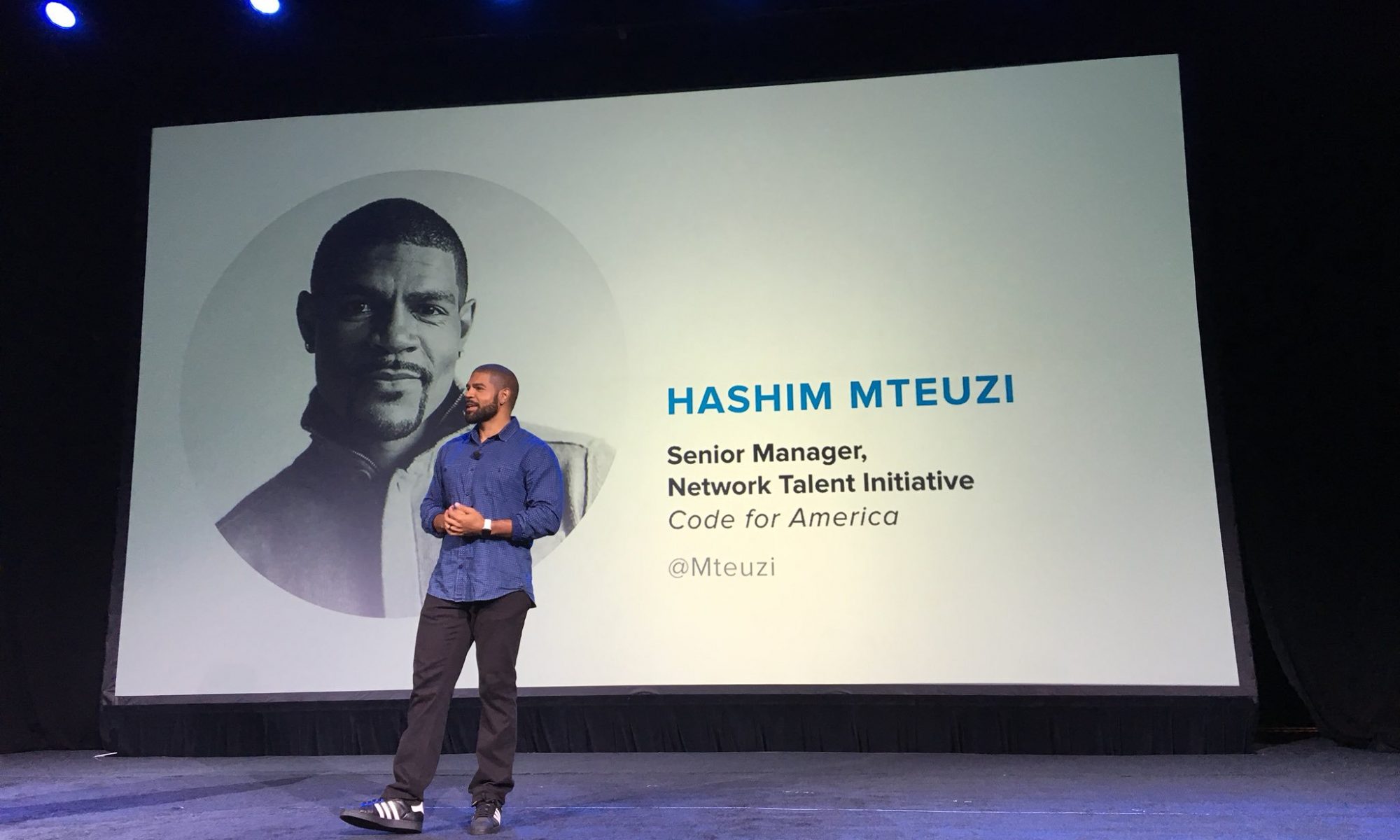
Introduction
As organizations strive to create a just and equitable society, they often face the challenge of addressing the specific needs of marginalized communities without resorting to a one-size-fits-all approach. This challenge is particularly pressing in a society marked by systemic racism and white supremacy, which have historically excluded, marginalized, and oppressed communities of color, especially Black and Indigenous peoples. Therefore, it’s crucial for organizations to adopt an approach that takes into account the specific needs of marginalized communities and works towards promoting racial justice. Targeted Universalism provides a framework for addressing this challenge and promoting equity and justice. This blog post discusses the power of Targeted Universalism, what it is, how it works, and why your organization should try it.
What is Targeted Universalism?
Targeted Universalism is a framework for creating policies and programs that address the specific needs of marginalized communities while also benefiting the broader population. The approach recognizes that different groups have different needs and that a one-size-fits-all approach will not work. It seeks to identify the root causes of inequities, including those stemming from systemic racism and white supremacy, and design interventions that address those root causes. The interventions are designed to benefit the marginalized communities while also benefiting the broader population.
John A. Powell, a Professor of Law at the University of California, Berkeley, first introduced the concept of Targeted Universalism. Powell argues that targeted universalism is a way to address inequities without reinforcing the same structures that created them in the first place. Rather than creating separate policies for different groups, targeted universalism seeks to create policies that are tailored to the specific needs of marginalized communities while still benefiting the broader population.
How does Targeted Universalism work?
Targeted Universalism is about designing policies and programs that are both targeted and universal. This means that policies and programs are designed with the specific needs of marginalized communities in mind while also taking into account the broader population. In practice, this might mean creating a policy that provides affordable housing for low-income communities of color while also benefiting other low-income residents. By creating policies that are targeted to the specific needs of marginalized communities while also benefiting the broader population, Targeted Universalism seeks to promote equity and justice.
Community engagement is another key aspect of Targeted Universalism. By involving marginalized communities in the design and implementation of policies and programs, organizations can ensure that interventions are culturally responsive and meet the specific needs of those communities. The power of the Targeted Universalism approach is that it can help build trust and foster long-term relationships between organizations and the communities they serve.
Why Your Organization Should Try Targeted Universalism
Your organization should try Targeted Universalism because it’s an effective approach to promoting racial justice, engaging with marginalized communities in a meaningful way, and achieving its goals more effectively. By identifying the root causes of inequities, including those stemming from systemic racism and white supremacy, your organization can design interventions that address those root causes. These interventions will benefit Black, Indigenous, and other marginalized communities while also benefiting the broader population.
Furthermore, Targeted Universalism provides a way for your organization to work towards dismantling systems of oppression and promoting lasting change. By designing interventions that address the root causes of inequities, your organization can create more lasting and sustainable change. This approach can help your organization achieve its goals more effectively while also promoting racial justice and creating more equitable outcomes.
Finally, the power of Targeted Universalism can help your organization build meaningful connections with marginalized communities. By involving those communities in the design and implementation of policies and programs, your organization can build trust and foster long-term relationships. This can help ensure that interventions are culturally responsive and meet the specific needs of those communities.
Conclusion
Targeted Universalism is a framework for creating policies and programs that address the specific needs of marginalized communities while also benefiting the broader population. Your organization should try Targeted Universalism because it’s an effective approach to promoting racial justice, engaging with marginalized communities in a meaningful way, and achieving its goals more effectively. By adopting this anti-racist approach, your organization can work towards dismantling systems of oppression and help create a more just and equitable society for all.


